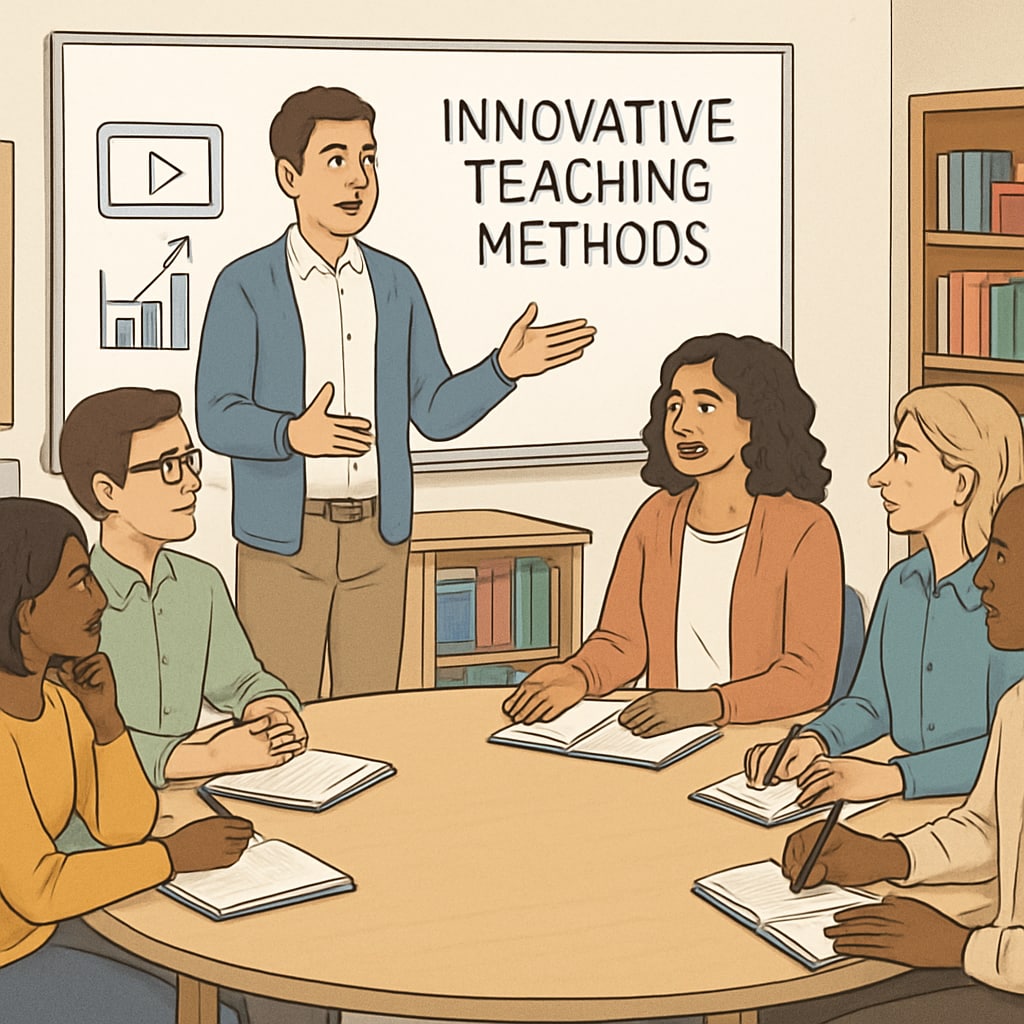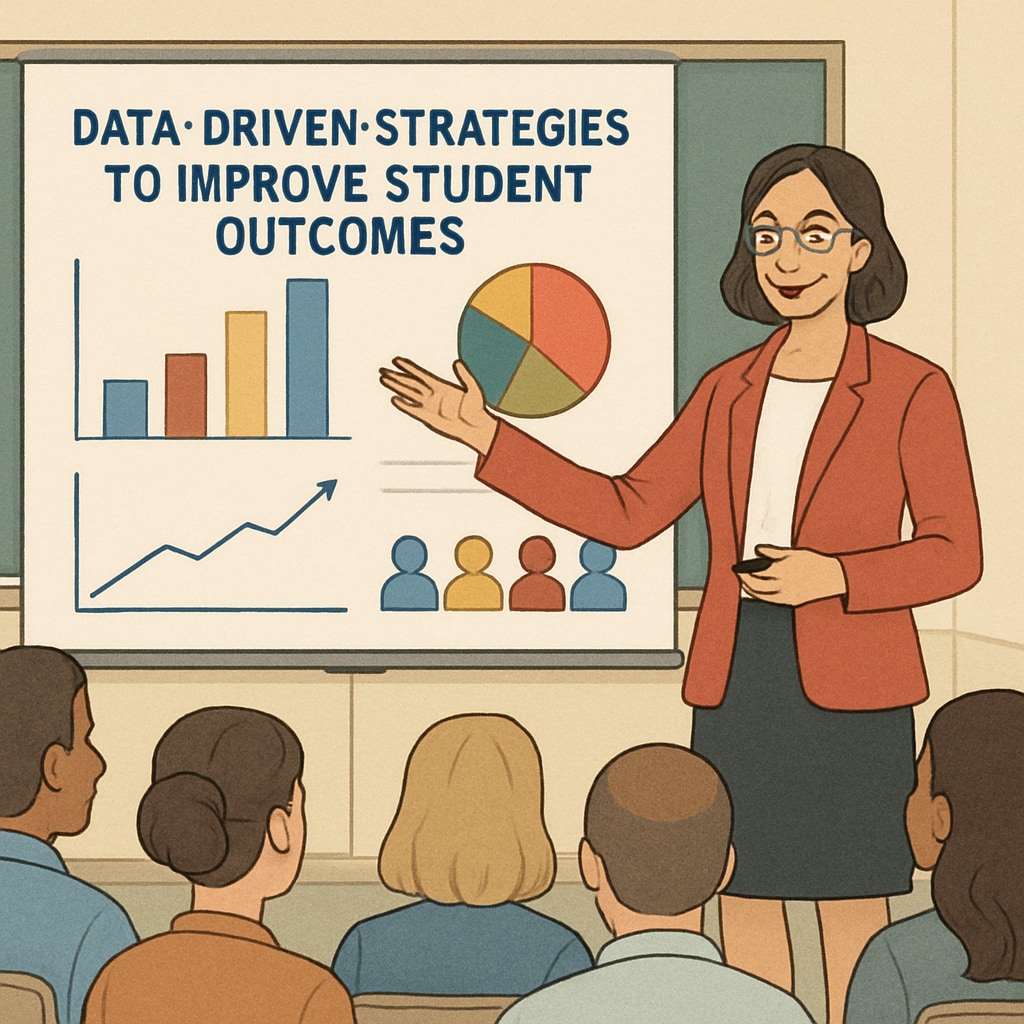The University of California (UC) system, renowned for its research and academic excellence, has become a valuable resource for K12 schools seeking to innovate and adapt to the evolving demands of education. Through strategic partnerships, consulting opportunities, and resource sharing, UC experts are bridging the gap between higher education and K12 institutions. These efforts not only enhance educational practices but also promote equity and innovation, ensuring that all students have access to high-quality learning experiences.

How UC Experts Are Reshaping K12 Education
One of the most significant contributions of the University of California system lies in the consulting services offered by its faculty and staff. These experts bring years of research experience and pedagogical knowledge to K12 schools, helping them address challenges ranging from curriculum design to technology integration. For example, UC faculty often collaborate with school administrators to develop STEM (science, technology, engineering, and mathematics) programs that prepare students for future careers in high-demand fields.
Moreover, UC researchers frequently conduct workshops and training sessions for K12 educators, equipping them with modern teaching techniques and tools. These sessions emphasize hands-on, student-centered learning approaches, which have proven to be more effective in engaging young learners. By fostering close collaboration between universities and schools, the UC system ensures that teachers are well-prepared to implement cutting-edge methodologies in their classrooms.
Consulting Opportunities: A Win-Win for Schools and Universities
The consulting services offered by UC faculty and staff are mutually beneficial. For schools, these partnerships provide access to expertise that may otherwise be unavailable. For the university, consulting initiatives create opportunities to apply academic research in real-world settings, ultimately enhancing the institution’s impact on society. Schools can hire UC experts to consult on a variety of topics, such as:
- Designing inclusive and equitable curricula that reflect diverse student needs.
- Integrating technology into classrooms to improve engagement and learning outcomes.
- Developing programs to support students with learning disabilities or special needs.
- Implementing data-driven strategies to assess and improve student performance.
These consulting efforts not only transform K12 education but also provide valuable insights for UC researchers, helping them refine their studies and address pressing educational challenges.

Leveraging UC Resources for Greater Equity in Education
In addition to consulting, the University of California system offers a wealth of resources that can be leveraged to improve K12 education. For instance, K12 schools can access UC-sponsored online learning platforms, scientific research databases, and public lectures. These resources are particularly beneficial for underfunded schools, which may lack the infrastructure or materials needed to support advanced learning.
Additionally, UC outreach programs aim to inspire underrepresented students to pursue higher education. Initiatives like campus tours, mentorship programs, and summer camps expose young learners to the opportunities available in higher education. These efforts not only motivate students but also address systemic inequalities by providing access to resources that were previously out of reach.
The Future of K12 and Higher Education Collaboration
As education continues to evolve, the partnership between institutions like the University of California and K12 schools will become increasingly vital. By sharing knowledge, resources, and expertise, these collaborations can create a more inclusive and innovative education system that benefits all students. Schools and educators interested in hiring UC experts for consulting or accessing university resources are encouraged to reach out to the UC system directly to explore opportunities for collaboration.
In conclusion, the University of California’s commitment to bridging higher education and K12 schools demonstrates the transformative power of academic partnerships. By leveraging its resources and expertise, the UC system is not only enhancing the quality of education but also paving the way for a more equitable and forward-thinking educational landscape.
Readability guidance: Short paragraphs and lists are used to summarize key points. Passive voice is minimized, and transitions such as “for example,” “in addition,” and “as a result” are included to ensure smooth reading. Consulting-related keywords appear naturally throughout the content to maintain SEO effectiveness.


